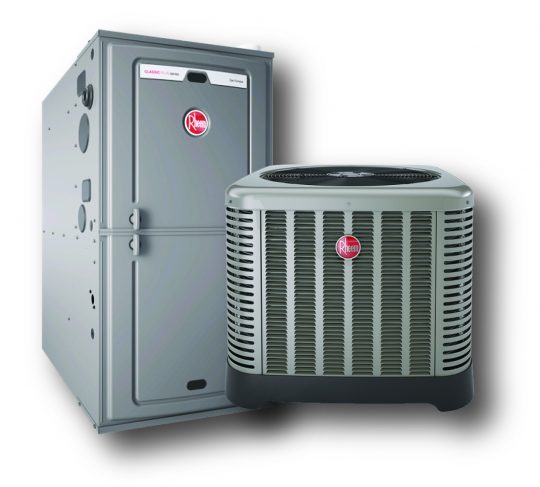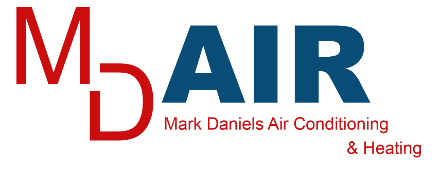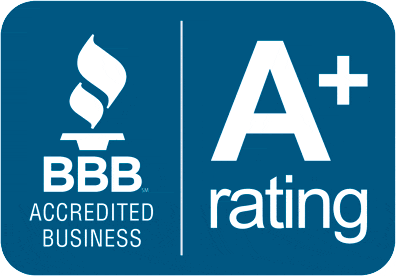Licensed | Bonded | Insured
HVAC Emergency: Identifying the Severity of a Furnace Issue
 HVAC Emergency: Identifying the Severity of a Furnace Issue
HVAC Emergency: Identifying the Severity of a Furnace Issue
Furnaces generally operate without incident when properly installed, tested, and maintained by a HVAC professional. But there may come a time you need to know the difference between regular furnace repair service and HVAC emergency furnace repair.
If you live in the Phoenix area, you understand the furnace emergency on our cold winter nights. Some problems are more threatening than others and require more immediate attention. With a little investigation, you’ll find that some complications are minor to fix, and others require the expertise of a professional.
Bonus Offer: Download our How to Hire a HVAC Company Checklist as a PDF for free. Easily save it or print for reference anytime.
Furnace Emergencies – When It’s Time to Call in a Professional
1. Electrical Issues Seem to be the Problem
Electricity plays a critical role in how your home operates. You rely on your home’s electrical system to provide power when you need it, and that could be powering your heating and cooling systems.
Your lights should not flicker when your system turns on. Electrical issues should be addressed by a professional. Understanding the basics of your electrical system can help you identify and avoid potential hazards, but leave nothing to chance.
Do not put yourself or someone else in danger by attempting repairs you are not qualified to do. The Electrical Safety Foundation sites:
Electrical failures or malfunctions were factors in an estimated 43,700 home fires
These fires caused 430 deaths and 1,620 injuries
Causing approximately $1.5 billion in property damage
Having a qualified and trustworthy HVAC professional “on call” can be a life-saver when your furnace equipment calls it quits.
2. Furnace is Making Unusual and Loud Noises
Sometimes a furnace may be running fine, but loudly. If you can tell the noise is a result of the air running through the ductwork, one solution may be to insulate your ductwork to cut down on the noise. If the actual furnace system is making odd noises, this can occur when the pilot light is improperly adjusted or the blower motor lubrication ports need oiling. There may also be an issue with the belts or even the burner.
What are the different noises coming from your furnace?
a. Pinging or popping sounds – could be thermal expansion- the ductwork expanding and contracting as it heats and cools.
b. Rattling noises – loose panels may need to be tightened.
c. Squealing noises – could be a belt that connects the motor to the fan slipped. Or the belt needs replacement.
d. Grinding sounds – probably time to call a furnace repair technician. The motor bearings need repair. (source)
When to call a professional: While it may not seem like an emergency, you should have furnace system noises checked out by a service technician. Early detection of a problem may save you from further damage and a larger repair bill in the future.
3. HVAC System is Turning On and Off Rapidly
In the case of a furnace turning on and off again too quickly (rapid cycling), many causes can exist. The first may be a dirty or worn-out air filter. If you haven’t replaced it within very recent memory, try doing so — it’s a quick and easy fix.
4. There is an Unpleasant Odor: You Smell Rotten Eggs / Sulfur
If you smell gas, leave home immediately.
First things first — make sure the residents of your home are safe before you try to get your problem fixed. If you smell a strange odor, everyone should leave the space immediately.
Note that you cannot actually smell or see natural gas. That’s why a substance is added to it, called mercaptan. It smells unattractive – something to the effect of a rotten egg. The smell is very distinct, so you can immediately determine if there is a gas leak in the house.
What Should I Do If I Smell Gas? “Rotten eggs”
Don’t mess around, especially if you hear any hissing.
Get your family out immediately.
Do not turn on or off any lights – the small electrical arc created could cause the gas to ignite.
Do not turn on the stove.
If windows are open, leave them. If you are able to open a few windows on the way out the door, then do so, but quickly.
Do not use the phone or cell phone in your house.
If the car is in the garage, leave it. Starting the car could cause an explosion — so could the mere act of opening the garage door using the door opener.
Go to your neighbor’s or outside to call for service.
Consider keeping the family out of the house if the service call is delayed. Plan to stay elsewhere until the gas leak is fixed and
only turn off your gas if it is safe to do so, then call an emergency team right away.



